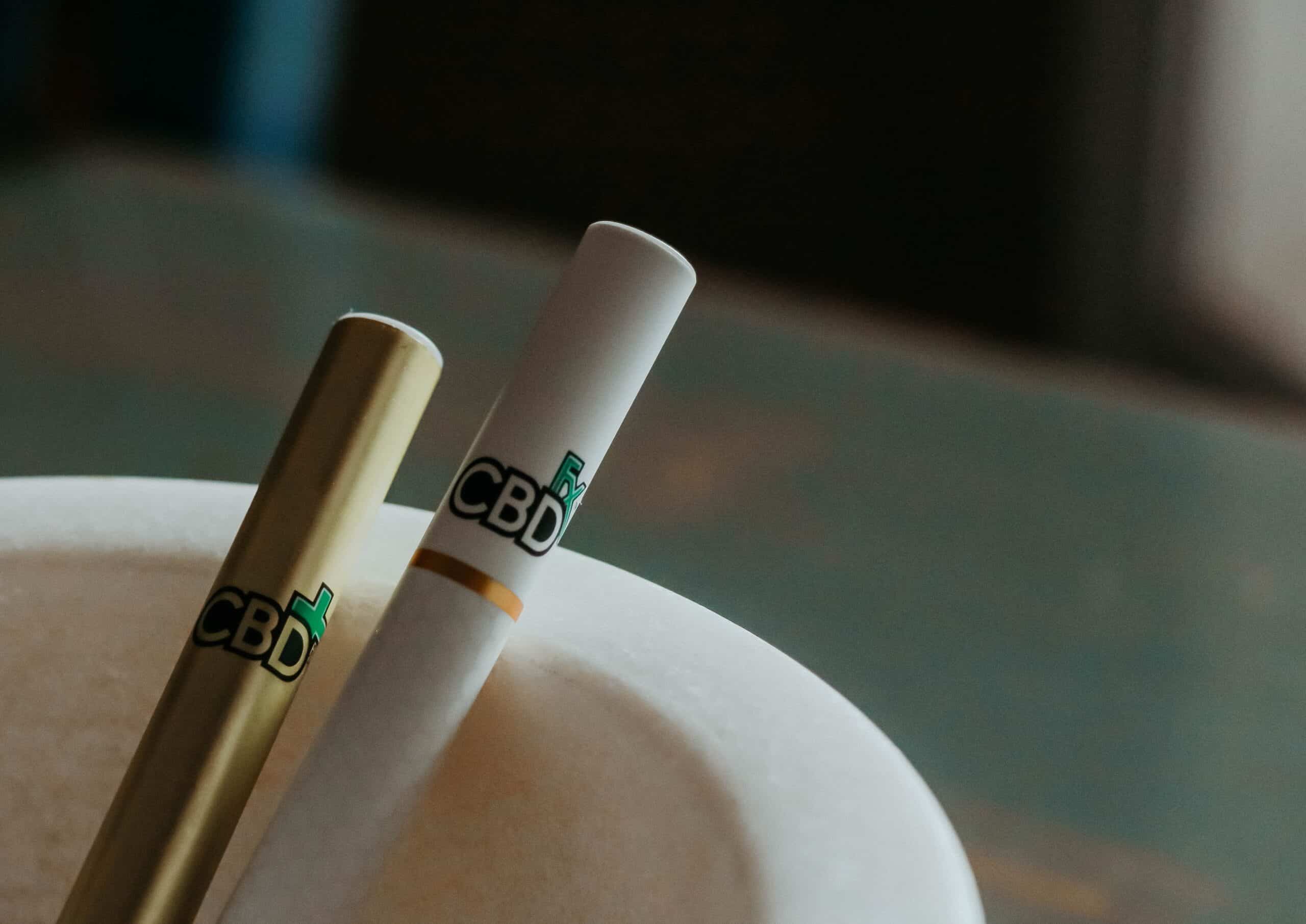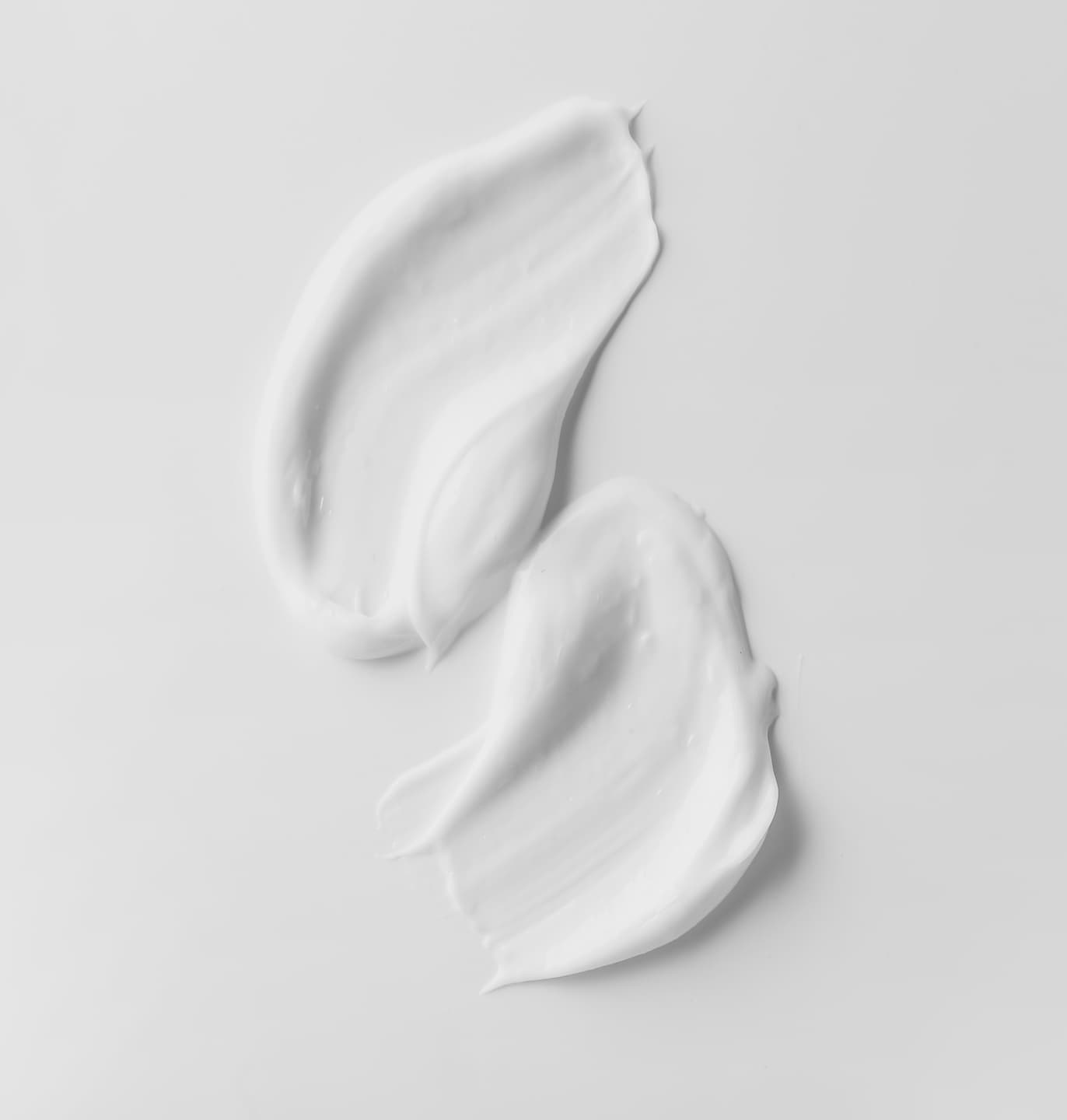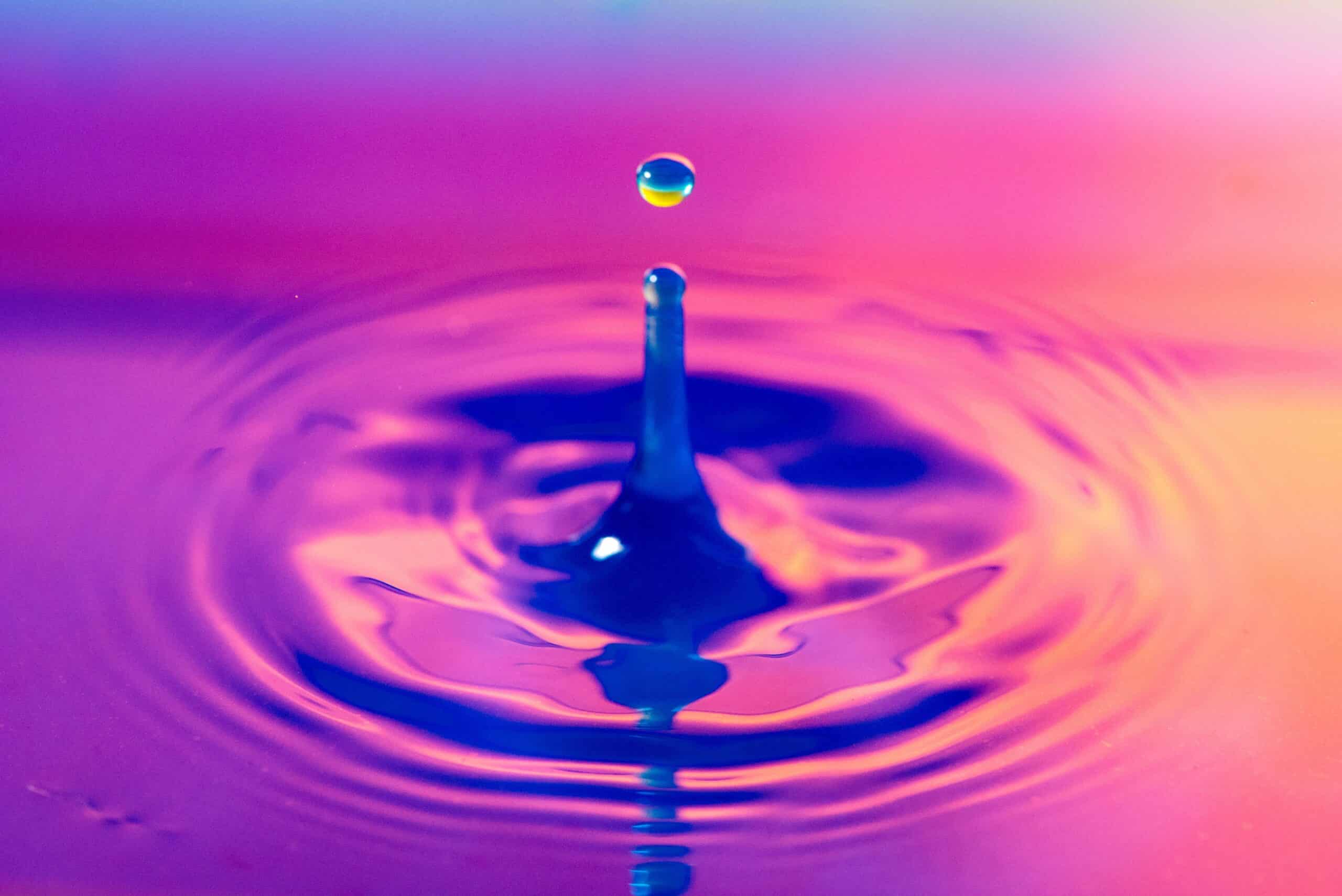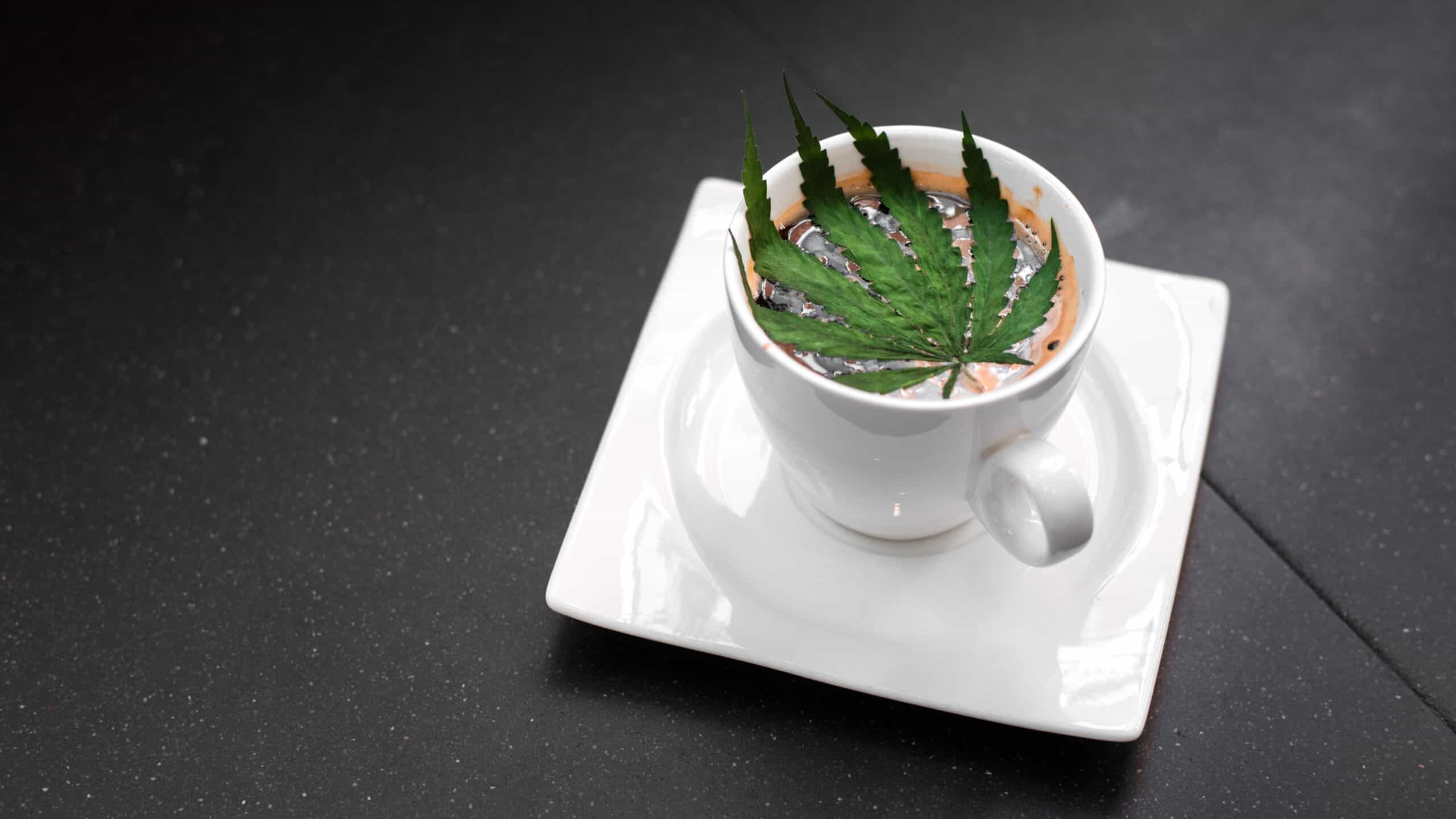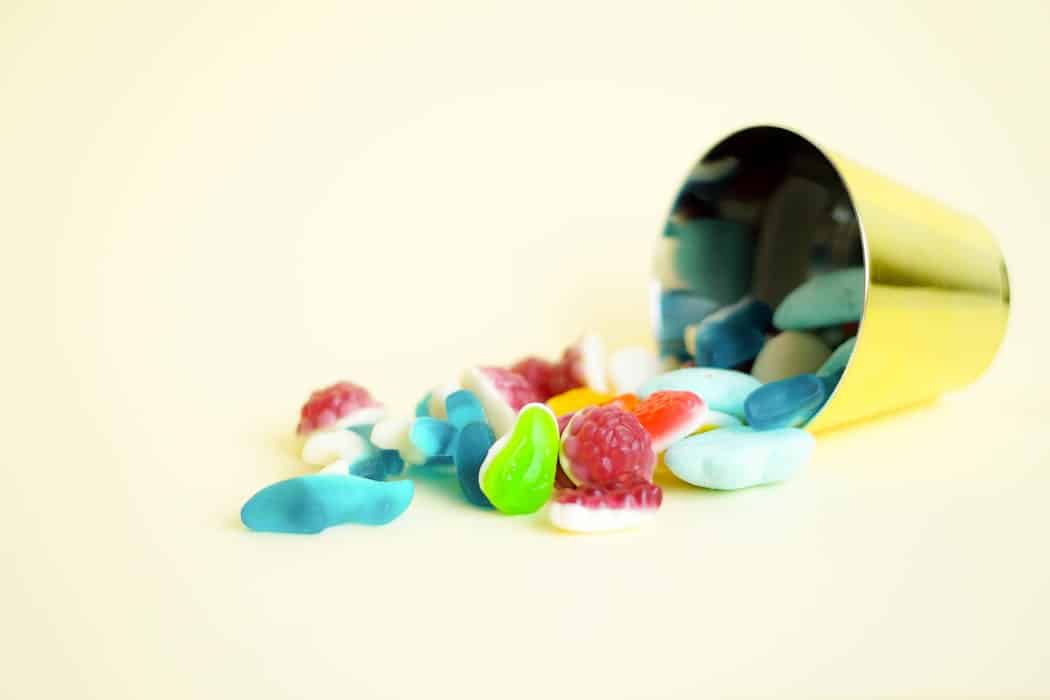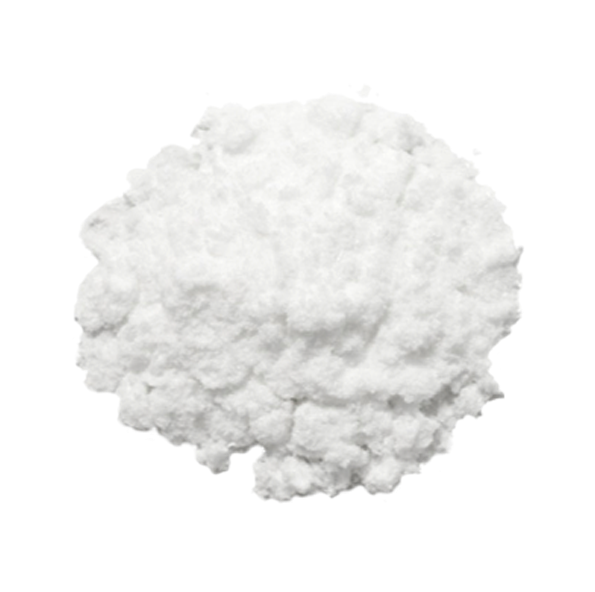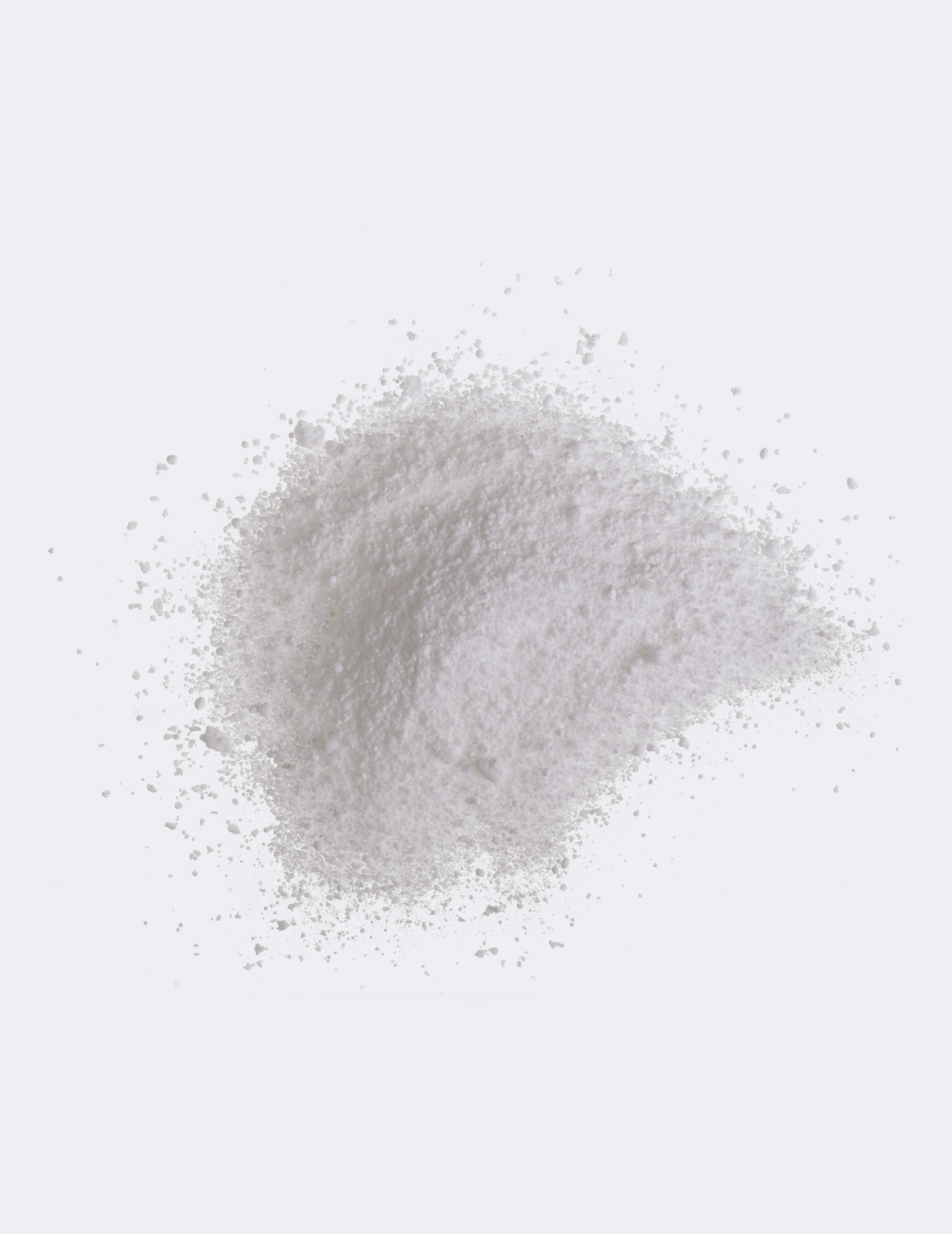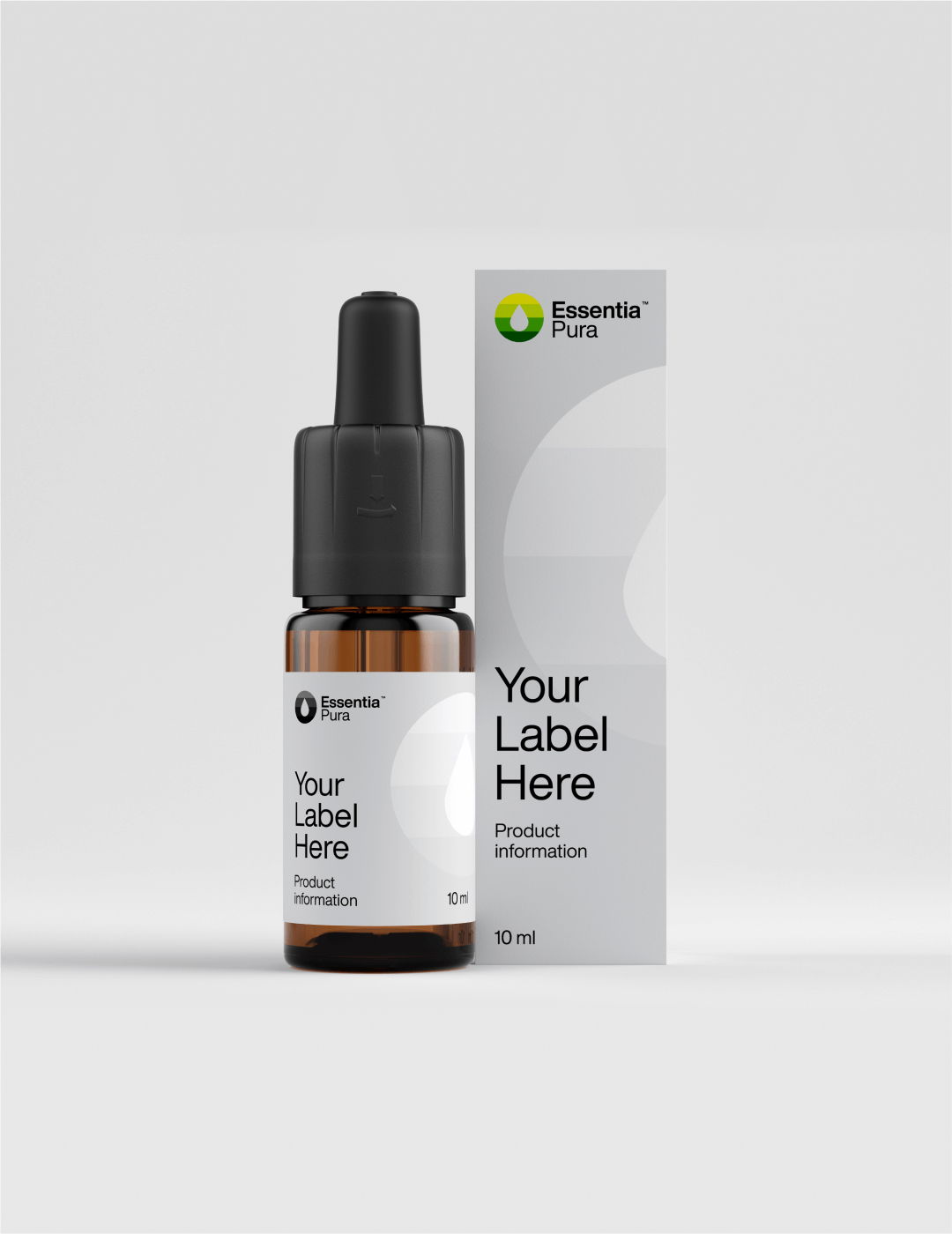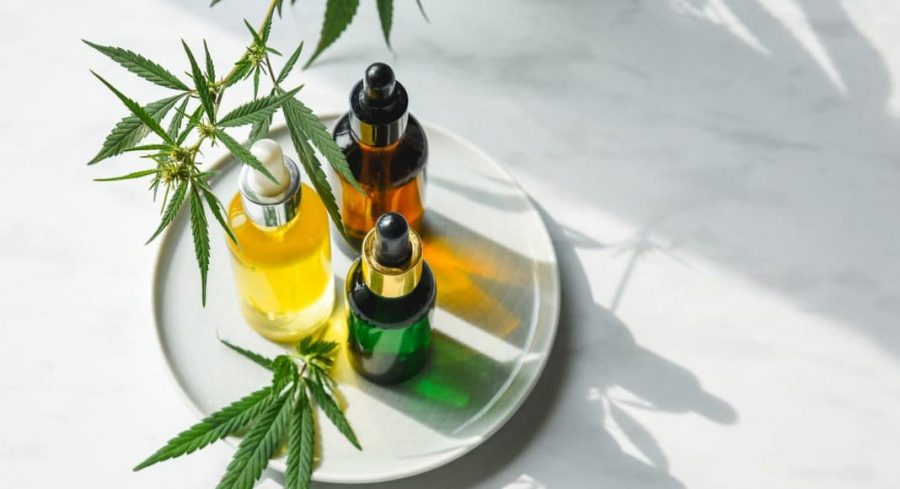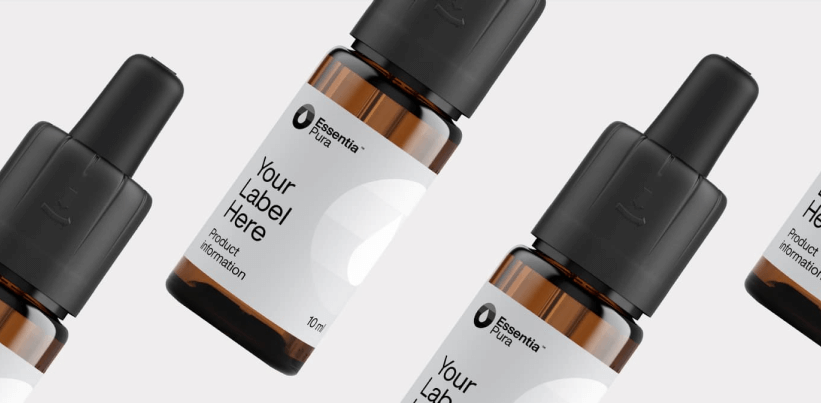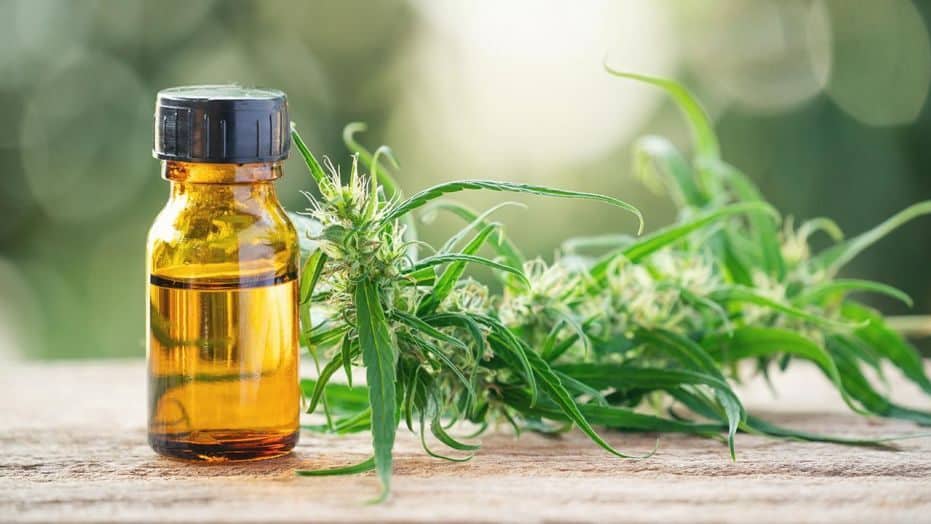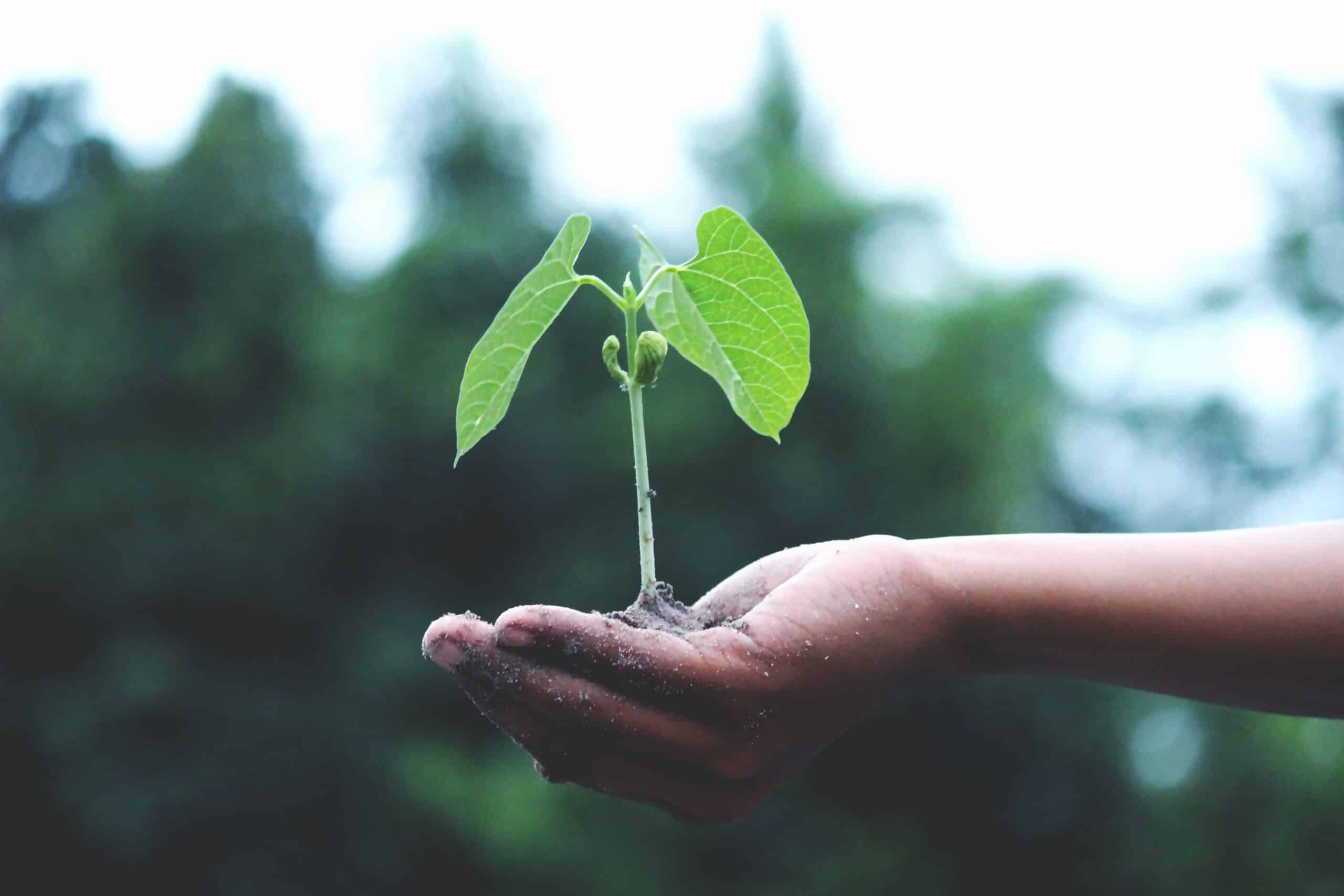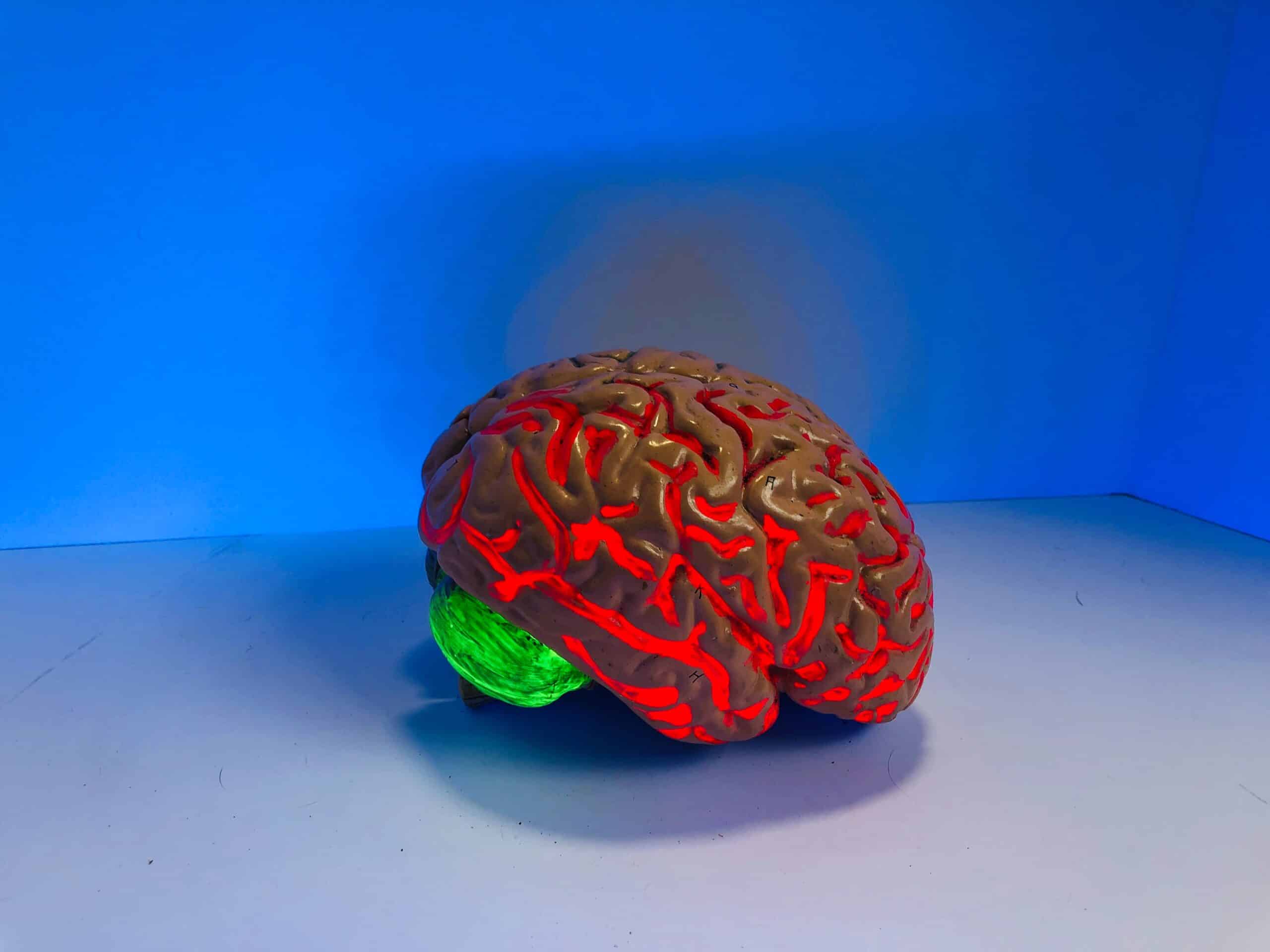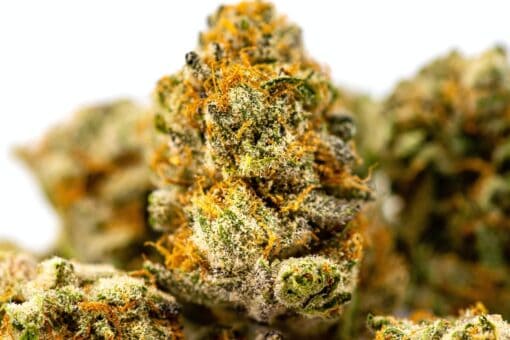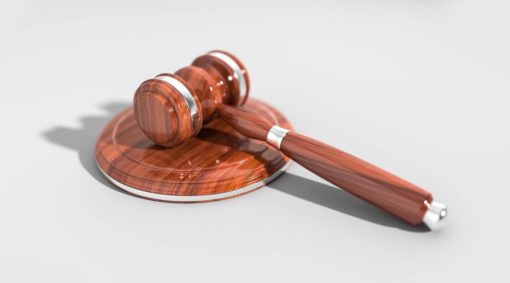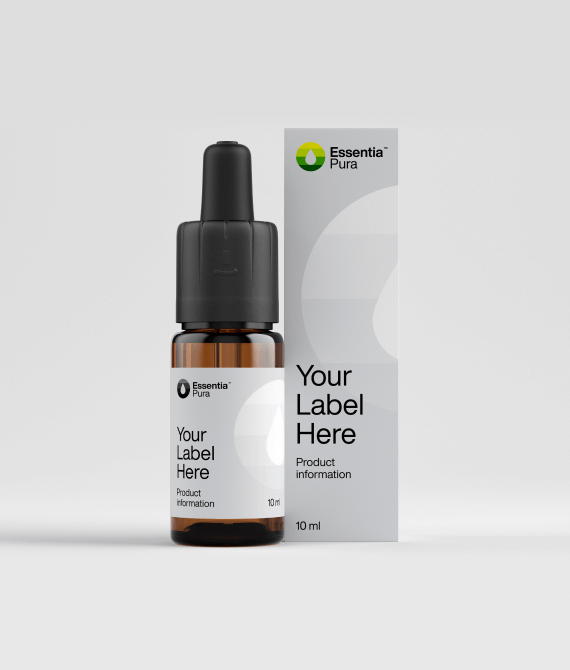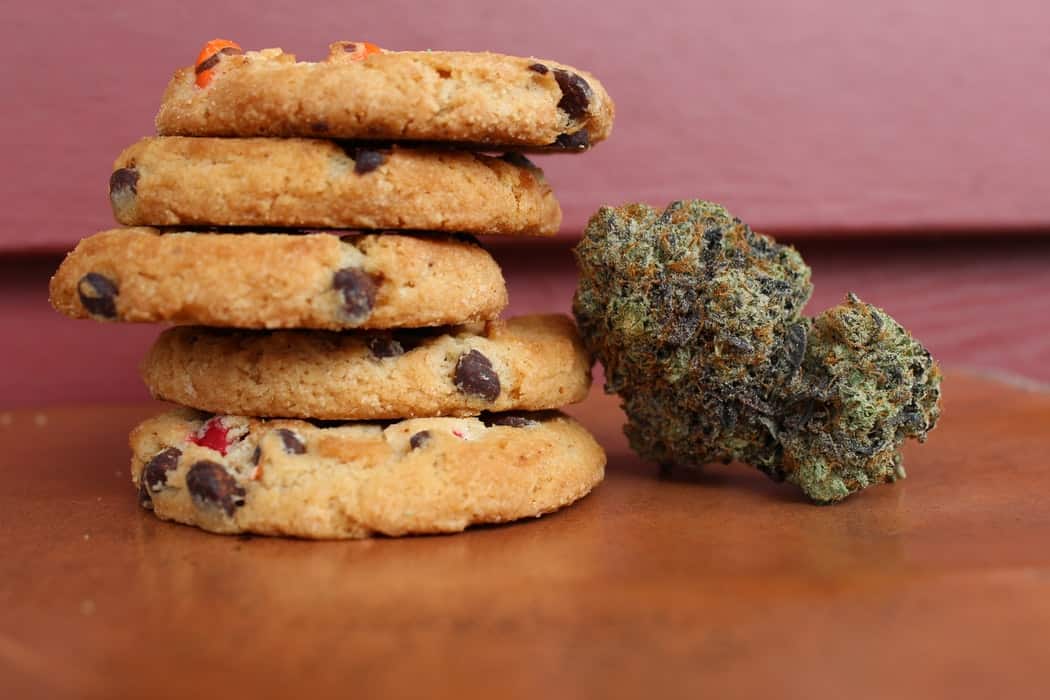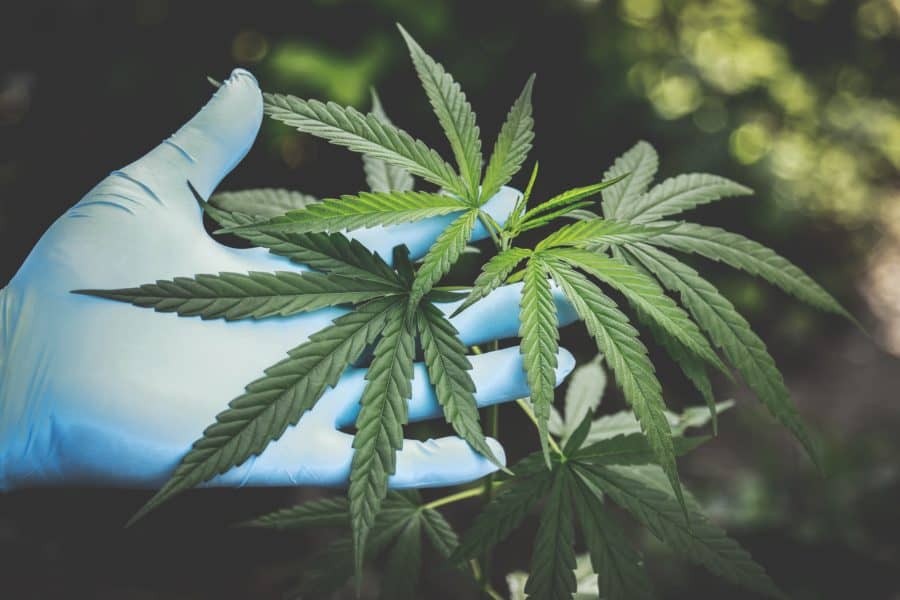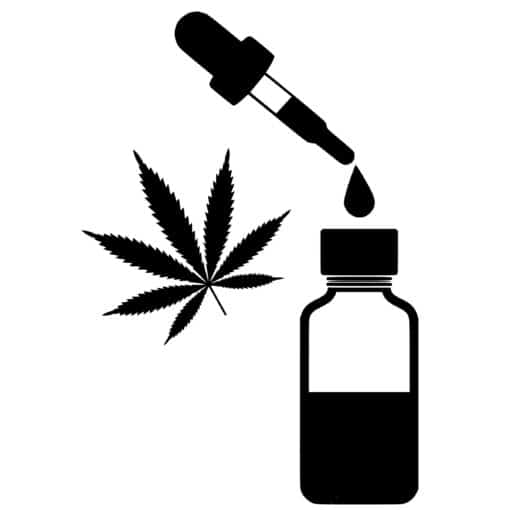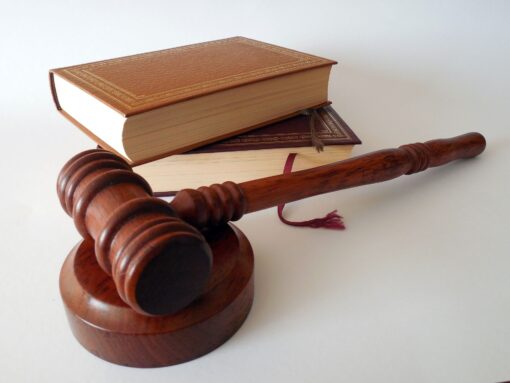Is CBD legal in Switzerland?
Switzerland is a country famous for many things, pristine nature, efficiency, punctuality, chocolate, cheese. CBD, however, is usually not on people’s radar when they think of Switzerland. Perhaps it should be.
Switzerland is a quiet champion of CBD and cannabis. Swiss law is actually one of the most progressive in European countries. When it comes to CBD and cannabis regulation it looks as if the Swiss are far ahead.
We know that CBD is gaining in popularity, and consumption of cannabis products is rising in Europe. The market for CBD products looks as if it’s going to keep on growing. Governments and producers of different cannabis products are actively looking for a regulatory model that they can rely on in order to efficiently regulate the market. We believe that Switzerland deserves a closer look.
This article is another one in our series, in which we discuss the regulation of CBD products around the world. We understand that CBD is a rapidly growing industry and that regulation cannot quite keep up, which leads to confusion and misunderstandings. We, at Essentia Pura, strive to provide our customers with up-to-date and accurate information about the regulation of CBD products. In addition to that, we want to offer you some advice on how to start a CBD company, or where and how to buy CBD in Switzerland.
If you are at least a bit interested in CBD and the legal regulation of cannabis in Switzerland, please read on.
In this article, you will learn:
- What is CBD?
- The difference between hemp and marijuana in CBD production.
- History of CBD in Switzerland.
- Is CBD legal in Switzerland?
- How to buy CBD in Switzerland?
- How to start your own CBD-related company in Switzerland?
- Lessons the European Union can learn from the Swiss experience.
What is CBD
CBD is short for cannabidiol, which is one of many cannabinoids of the cannabis plant. But just this sentence, does not tell you much. Let us try and break it down for you.
The cannabis plant contains plenty of different cannabinoids, to make things easier try to understand them as components of the plant. Each of them gives the plant its specific attributes. What makes CBD interesting is its link to various health benefits, ranging from anxiety relief, pain management, movement disorders, as well as others. The research on cannabidiol (CBD) is very promising, but we must stress that for most of these benefits, there is not enough high-quality evidence, to link it to CBD without a shadow of a doubt.
Another thing that is consequential for the regulation of CBD is that there are different types of cannabis. We will focus on hemp and marijuana, as they play a major role in the law. Although they are both technically cannabis, they differ in important chemical, medical and legal aspects.
Looking For Wholesale CBD Products
We’ve got you covered. We offer a diverse selection of CBD products that have been proven successful in the market and are ready to sell immediately.
Find out more here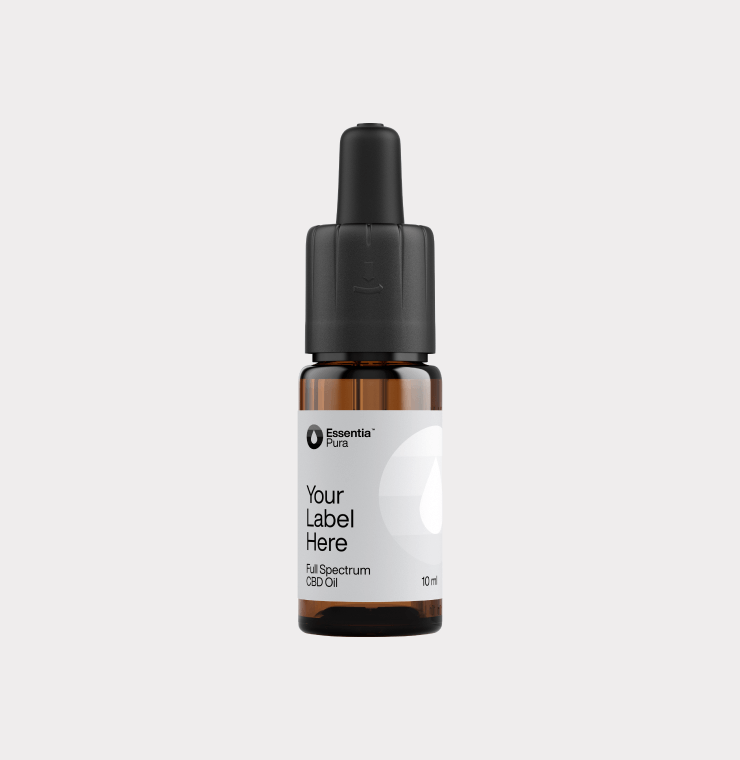
Marijuana
We will start with marijuana as you are probably more familiar with it. The major reason for the regulation of cannabis is THC. Like CBD, THC is a component of cannabis. The issue governments have with THC is that it is a psychoactive substance. This means that it affects your motoric and cognitive abilities. To put it in plain language: THC gets you high. Most governments around the world prohibit cannabis with high THC content, or at least strictly regulate it.
Swiss cannabis regulation is similar to other countries when it comes to marijuana. Essentially, this means it is still considered to be part of the narcotics act. Cannabis consumption is illegal, but it is not criminal. This means that if the police find you consuming marijuana you have to pay a fine of 100 CHF and if you have less than 10 grams of marijuana in possession you should be fine. Even though personal use is allowed, we urge you to be careful and no do anything illegal.
However, there are some interesting changes coming in Switzerland, as the country is moving towards legalizing cannabis for recreational use. It is now carrying out a clinical study on the long-term impact of recreational use of cannabis. The study will begin with 3000 residents of Zurich, and will later expand to other regions.1
What the Swiss government is planning is to open the so-called “Cannabinotheque”, a place that supplies cannabis for recreational use to its members. The goal of this is to test the effects of recreational cannabis use on a small test group of people. If this proves cannabis to be safe, it may lead to its legalization in the near future.2
Medical cannabis in Switzerland
Even though the medical use of cannabis is increasingly popular around the world, Switzerland is taking slow and cautious steps. Medical marijuana is basically cannabis products with THC that can be prescribed by your doctor to treat certain medical conditions.
Currently, only one medical cannabis product is available in Swiss pharmacies. On top of that, doctors can only prescribe it if the patient has a special permit from the Swiss government. This means that a lot of people do not have access to swiss cannabis.
To stay on the more positive side, Swiss authorities decided to follow the American FDA and European EMA and approved a CBD drug for treating a rare type of epilepsy. We hope this means that the medical field in Switzerland is moving towards recognizing the full potential of the CBD industry and medical cannabis products.
Hemp
The second major type of cannabis is hemp, which has been around in Switzerland for centuries. Now, hemp is nothing new, cannabis plants grow well in Europe, so hemp cultivation was always popular and people made the most of it. Hemp was consequently used in many different industries, but most prominently people used it in the textile industry.
So what are the differences between hemp and marijuana? Well, mostly its THC content. Hemp has very low THC content, which means that it does not get you high. It still has high CBD content which means you can get all the possible benefits of CBD without the effects on your psychomotor functions. If you want to harness the benefits of CBD without experiencing the effects of THC then CBD hemp products might be a perfect fit for you. You can even grow your own hemp, according to the Swiss government.
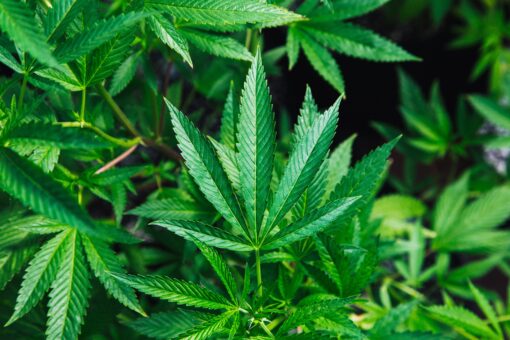
CBD oil in Switzerland
Now that we are familiar with the basics of cannabis in Switzerland, we can move on to the legal status of CBD in Switzerland. How does all this affect CBD oils and similar products? How do CBD producers get CBD from cannabis?
In short, scientists extract CBD from the plant so that they isolate it from other cannabinoids. Most importantly, they separate it from the psychoactive substances (THC). They can then use the extracted substance to make CBD-infused cannabis oil or other products.
CBD regulation in Switzerland
As we said at the beginning of the article, Switzerland CBD laws are far more liberal than most of the other European countries.
To begin with, the threshold for differentiation between marijuana and hemp products is higher than usual. Cannabis products containing less than 1% THC content are considered hemp under Swiss law, anything higher than that is marijuana. But even if it is considered marijuana, you can still use cannabis products without any fear.
The 1% THC threshold is a welcome change to the usual 0.2% content that we regularly see in European countries. The biggest benefit of the 1% rule is that it allows hemp farmers to grow their hemp a bit longer and harness all benefits of CBD that otherwise don’t utilize.
CBD products are completely legal in the country. CBD oils and CBD products are freely sold in Switzerland, alongside tobacco products. The restrictions regarding CBD consumption are similar to those of alcohol or tobacco. This means:
- you have to be at least 18 years old to legally buy CBD products.
- you cannot label your CBD products as medical products or advertise them for their health effects
- Swiss federal office of public health advises people not to drive if they recently consumed CBD cannabis products.
Private Label For Custom Solutions
Retail-ready formulas not your type? Reach out and develop your own custom formulation.
Discover more here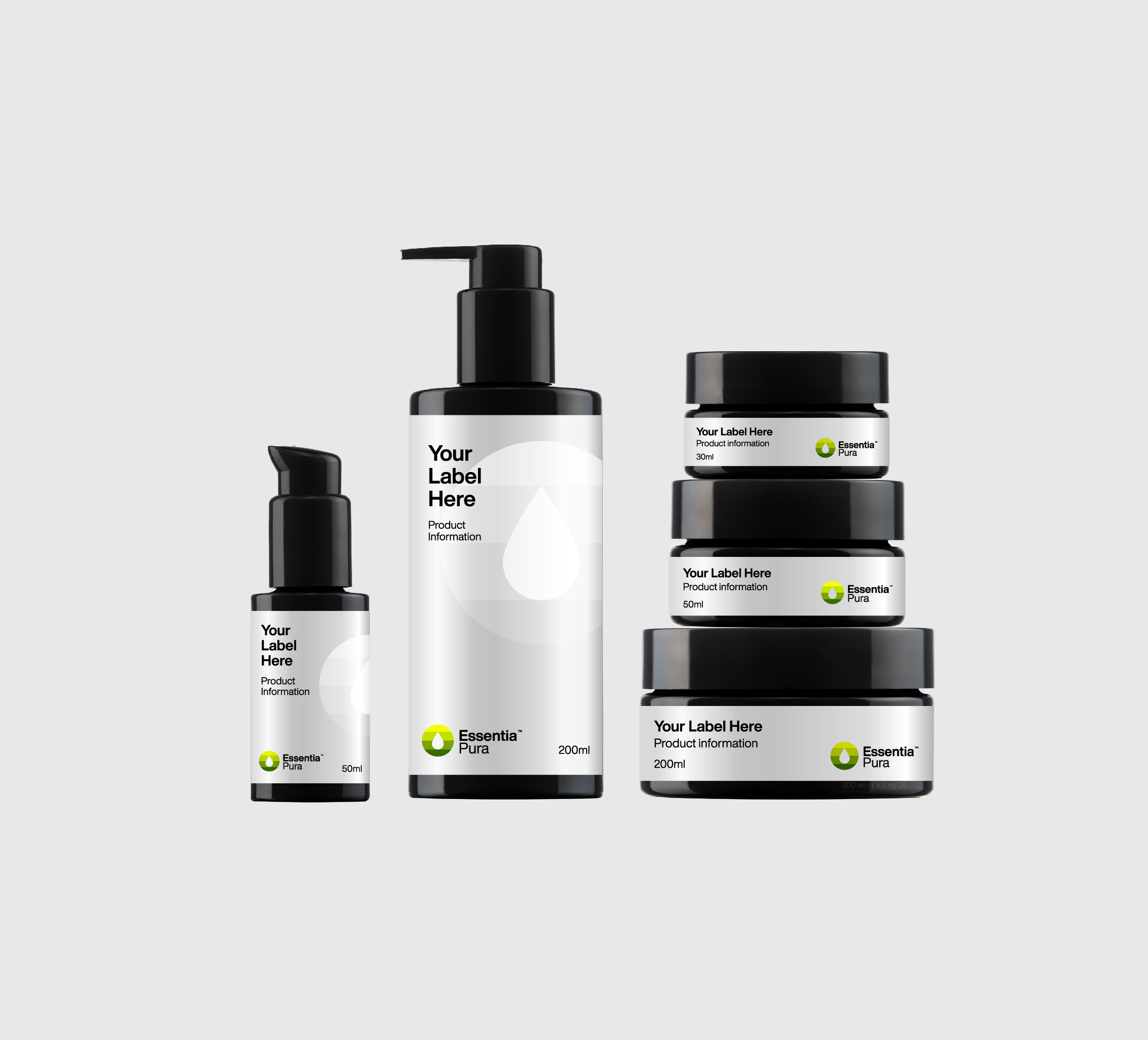
Buying CBD oil in Switzerland
As we explained above buying CBD oil in Switzerland is really easy, the most common thing is to find CBD flowers in stores as a tobacco supplement. In addition to buying CBD in person, you can always order it online, which gives you an even wider variety of products. Swiss cannabis laws are far more lenient than other countries around Europe, so you can import their CBD oils without much to worry about.
In both cases, we still recommend that you thoroughly check the company that you are buying from. There are a lot of extraordinary, innovative companies working with cannabidiol, but as always, there are some black sheep only looking to make some quick money with sub-standard products.
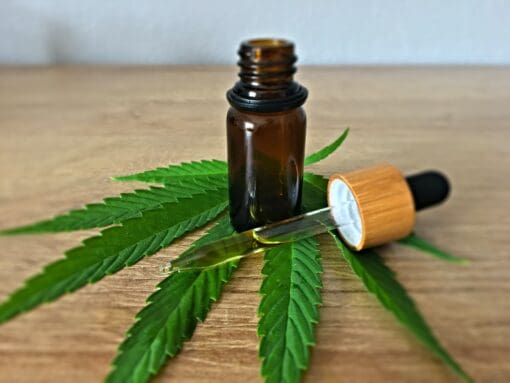
Selling CBD oil in Switzerland
Selling cannabis products in Switzerland is far easier and straight forward than in any EU country. It can be legally sold both online and in-person according to the laws.
In both cases, we recommend that you structure your business around clear, consumer-friendly information about CBD oil that is in line with scientific research.
We recommend that you thoroughly examine your supplier beforehand. Focus on whether they follow all essential cannabis laws so that you avoid any legal troubles. You should only work with accredited buyers and dealers of CBD products. Your supplier should show you that CBD oil product contains less than 1% of THC and is extracted from hemp. Check that they follow other legal guidelines issued by the authorities.
If you are looking for a partner to supply your CBD-related shop, Essentia Pura is a Slovenian company that offers the bulk sale of CBD extracts. We take pride in ensuring strict compliance with the law. We are a trusted wholesale partner for your CBD-oriented company with plenty of experience.
If you have any questions regarding the bulk sale of CBD oil and other products, as well as any legal questions about cannabis regulations in Switzerland do not hesitate to contact us. Our staff will get back to you as soon as possible.
Lessons for the European Union
So what can the European Union learn from Swiss federal cannabidiol laws? In our opinion, the most important lesson is that the market and consumers need certainty and predictability in order to organize and grow. A clear, bold, and straightforward approach allowed the Switzerland CBD market to become one of the most successful and mature markets in the world. Regulation of low THC CBD products sold in Switzerland protects consumers, public health, and aspiring entrepreneurs.
Conclusion
Switzerland has a vibrant cannabis market that the whole of Europe can strive towards. Let us quickly recap the most important points of the article:
- CBD is derived from cannabis plants.
- There are two important types of cannabis: marijuana and hemp.
- Marijuana is considered part of narcotics due to its high THC content, but consumption and possession of up to 10 grams are decriminalized.
- Selling, possessing, or cultivating large amounts of high THC marijuana can land you in jail for years
- Hemp is legal and you can cultivate it yourself.
- CBD flowers are most commonly found as tobacco supplements.
- You can buy CBD oil both online and in stores all around the country.
- Selling CBD products to consumers is straightforward and much easier than in other countries.
- Swizz government is trialing the health effects of recreational cannabis use in a limited population. They are opening “Cannabinotheque”, where members or study participants would be able to get cannabis for recreational use. If the study finds that a broader use of cannabis is safe, then recreational cannabis may be legalized.
- Experiments with recreational cannabis in the nation means that CBD would remain legal in the nation in foreseeable future.
Hopefully, this answered most of your questions regarding Swiss cannabis law, if you have any other questions, please contact us.
If you are interested in the legal status of CBD in other countries you can read our articles about:
